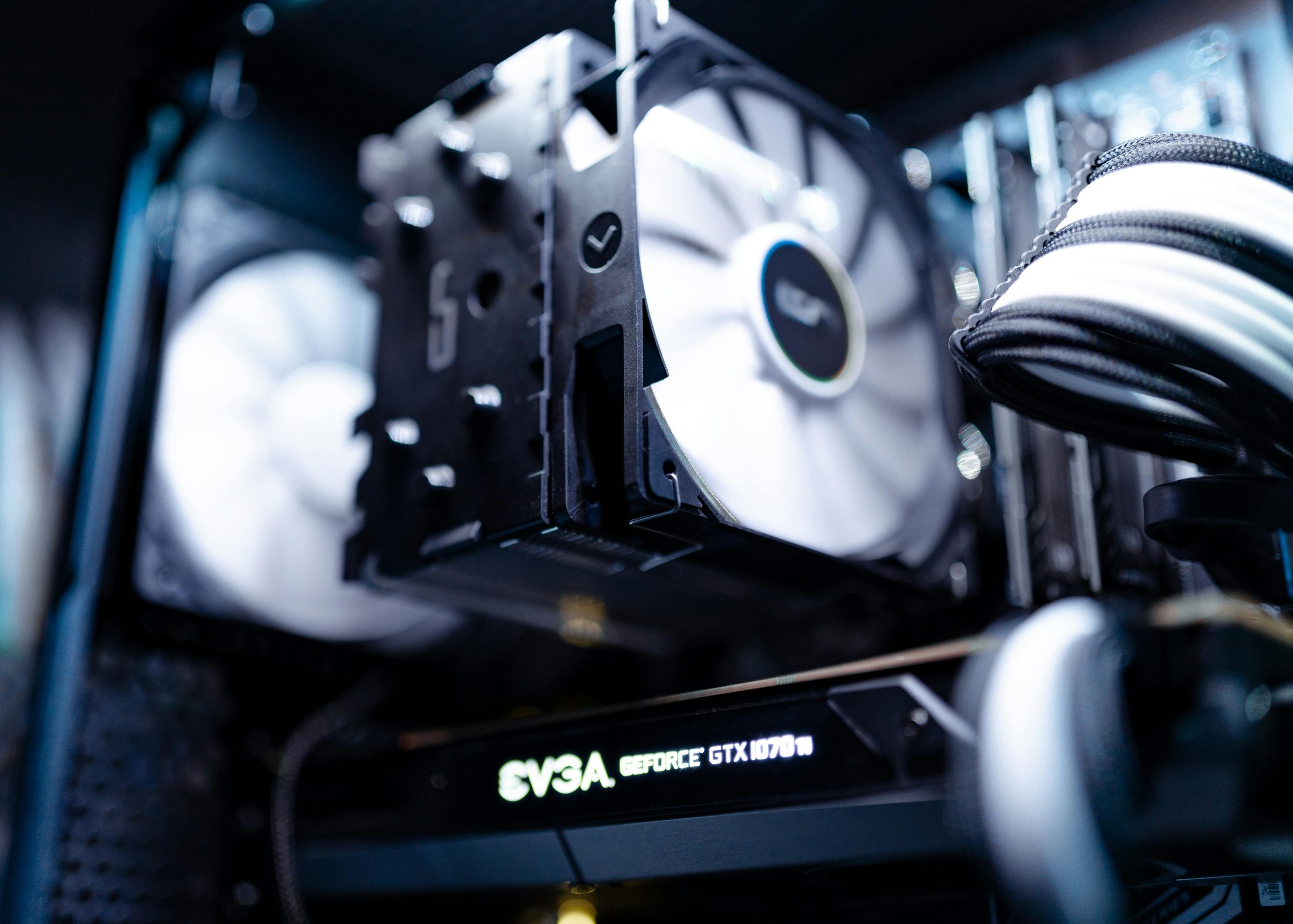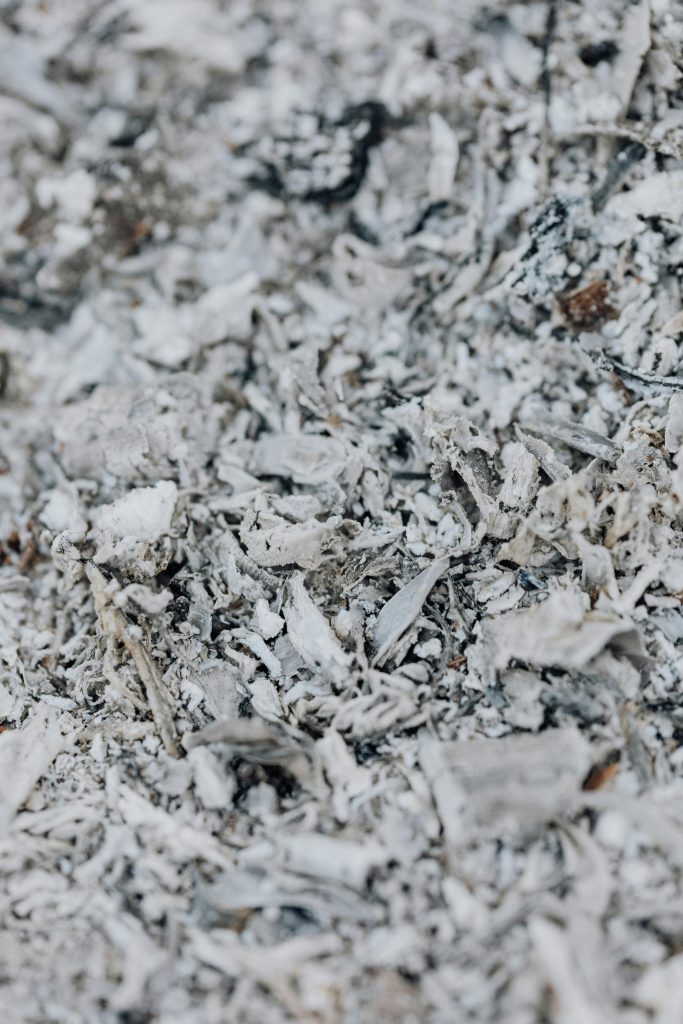Addressing Unusual Computer Fan Noise: Causes and Solutions
Experiencing Constant Loud Fan Noise on Your Computer
A common concern among computer users is when the system fan operates at high speeds unexpectedly, even during periods of minimal activity. If you’ve noticed that your computer’s fan starts running loudly immediately upon powering on or during idle periods, it can be both disruptive and worrisome.
Potential Causes of Persistent Fan Noise
Several factors may contribute to the constant loud operation of your computer’s fan, including:
-
Dust and Debris Accumulation: While cleaning the visible areas, such as the back fans, can help, dust often infiltrates internal components like the heat sink, CPU, and GPU, leading to elevated temperatures and increased fan activity.
-
Overheating Due to Thermal Throttling: If the CPU or GPU detects higher-than-normal temperatures, the system may ramp up fan speeds to cool down components, even under light workloads.
-
Software and Driver Issues: Outdated or malfunctioning system drivers can misreport sensor data, causing the fan to run at higher speeds unnecessarily.
-
Background Processes: Running intensive tasks or background applications can lead to higher CPU usage and increased thermal output.
-
Hardware Malfunctions: Faulty sensors or failing cooling components may result in abnormal fan behavior.
Steps to Diagnose and Mitigate the Issue
-
Ensure Adequate Ventilation: Place your computer in a well-ventilated area, away from obstructions, to facilitate proper airflow.
-
Perform Internal Cleaning: Use compressed air to carefully blow dust out of internal fans, heatsinks, and vents. Be cautious to avoid static damage or dislodging components.
-
Check System Monitoring Tools: Utilize software utilities (such as HWMonitor, SpeedFan, or manufacturer-specific tools) to monitor temperature readings and fan speeds. This can help determine if overheating is occurring.
-
Update Drivers and BIOS: Ensure your system’s BIOS and device drivers are current, as updates can resolve sensor misreports and improve thermal management.
-
Manage Background Processes: Close unnecessary applications to reduce CPU load and heat generation.
-
Consider Hardware Inspection: If the problem persists, have a professional technician examine the cooling system for potential hardware faults, such as a failing fan or sensor issues.
When to Seek Professional Help
If these troubleshooting steps do not alleviate the excessive noise or if your system continues to overheat despite maintenance, it is advisable to consult a qualified technician. Persistent overheating can lead
Share this content:



